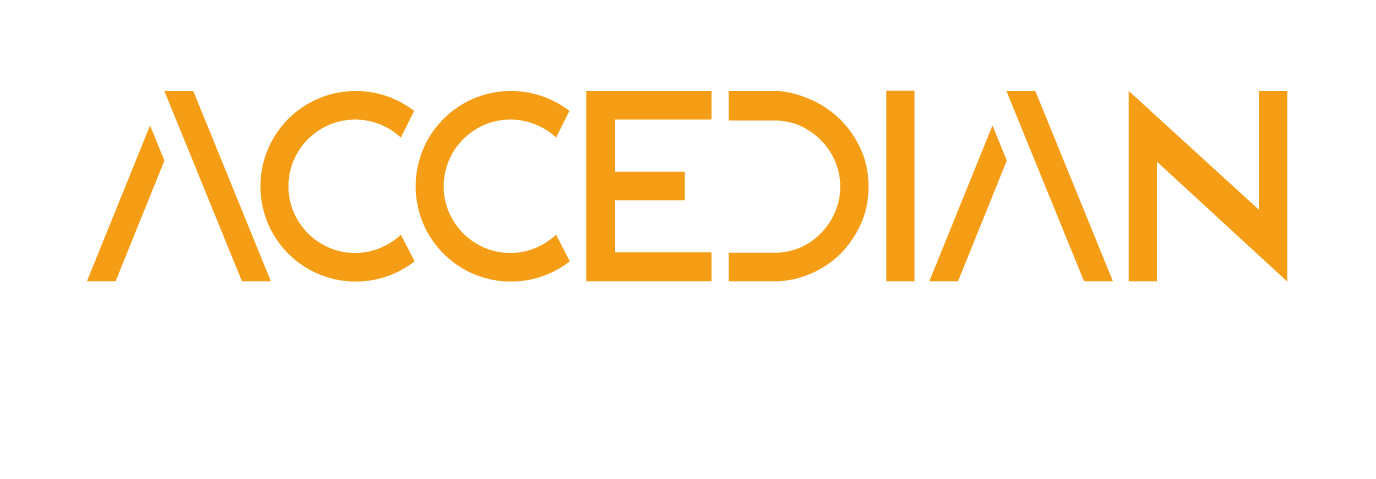Mobile operators are in the (albeit early) stages of shifting their networks from hardware-driven to software-based deployments. This requires not just rethinking technology used and how it’s implemented, but the skill set of the organization’s human resources. It’s akin to an individual worker changing careers and having to determine what skills they need to acquire to get a job in the new field. Mobile Europe explored this dynamic in a recent article, citing insights from operators and vendors alike into the impact of virtualization on organizational structures and workforces.
One aspect of this change, noted the article’s author, Kate O’Flaherty, is literally the retraining of telecoms engineers, shifting their focus from hardware-focused work to an area traditionally driven by enterprise IT. But it goes beyond that.
For example, the concept of ‘DevOps’ (integrating software developers and IT professionals in an environment focused on automation) is a big deal for operators migrating toward virtualization. In order for these efforts to move at the required pace, a non-traditional mentality is required.
In the U.S., Flaherty notes, AT&T is a prime example of an operator that takes the need for software skills and an IT focus seriously; it’s in the process of re-training its workforce with that in mind. And it’s not just retraining, but doing so strategically in combination with organizational structure changes and new hiring. Vodafone has taken a similar approach.
To succeed, operators probably will have to apply a mixture of retraining existing staff, and bringing on new development people (sometimes as separate teams). Generally-speaking, the more nimble an organization is, the more success they will have with retraining.
In the article, Flaherty quoted Jennifer Pigg Clark, VP of Network Research at 451 Research, as saying that skills gaps tend to be especially glaring when it comes to infrastructure management for the new software environment and its applications. Operators tend to have little or no human resources familiar with things like migrating from VMware to less expensive OpenStack. Yet hiring appropriately skilled developers can cut significantly into that apparent cost savings.
Accedian’s VP of Strategic Marketing, Scott Sumner, also weighed in on this topic, noting that new hires are sometimes necessary. NTT, for example, recruited experts from Silicon Valley to fill knowledge gaps they had in the area of analytics.
Yet, in some areas there is a dearth of workers actually available with the needed skillset, at any price. In particular, Sumner said, it may be hard to find people with knowledge of algorithmics, data science, and artificial intelligence. When operators find these workers, they should snatch them up, he advised.
Sumner added that augmenting human perception with machine learning and massive analytics is also part of the equation; some aspects of running a virtualized network are beyond human control.
Flaherty stressed that operators are pushing on with virtualization efforts, and do not expect significant deployment delays because of skills shortages or the need to retrain workforces. That’s because functions aren’t virtualized in one step or all at once; it’s a process often involving trials and roll out of one function at a time.
Perhaps the bigger challenge is figuring out how to bring together all the pieces of virtualization in a way that’s sustainable, manageable, and addresses concerns about impact on the user experience; this is a major transformation for the industry that involves operators and vendors working together.
Read the full article for more insight into this topic, including the role vendors are playing and the complexity of integrating software and hardware into cloud ecosystems.

 Improved delivery, better visibility: How Accedian and VMware are working together to help CSPs navigate the 5G world
Improved delivery, better visibility: How Accedian and VMware are working together to help CSPs navigate the 5G world
 Adding a new dimension of visibility to the Cisco Full-Stack Observability portfolio with Accedian Skylight
Adding a new dimension of visibility to the Cisco Full-Stack Observability portfolio with Accedian Skylight
